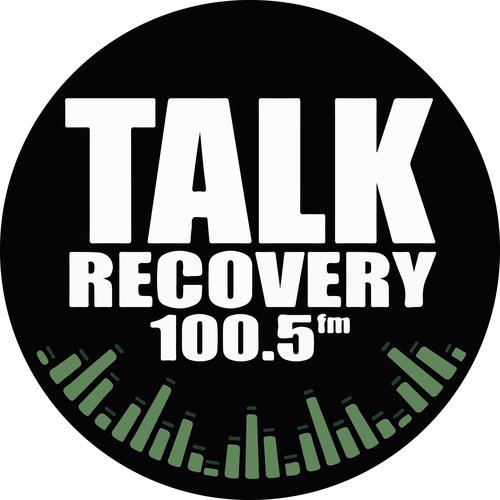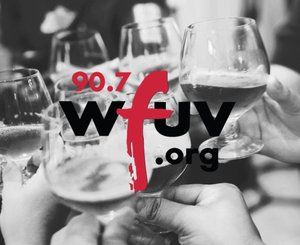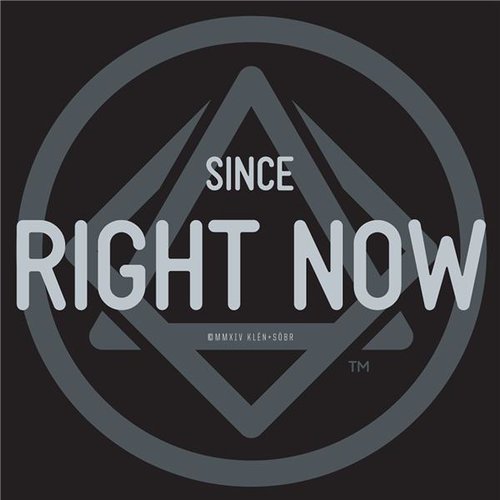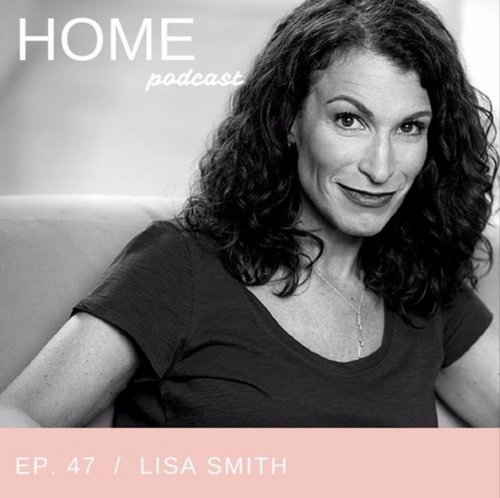Lawyer Lisa F. Smith charts her alcoholism and recovery in her new memoir, Girl Walks Out of a Bar.
Stories like Lisa F. Smith’s are tragically common.
“I knew I was an alcoholic 10 years before I got sober, but I was terrified because I couldn’t imagine what life would be like without alcohol,” said lawyer Lisa F. Smith.
Twenty-five years ago, Smith graduated from Rutgers School of Law and became an associate at Shearman & Sterling, a powerful New York City firm. At the same time, she began her descent into alcoholism and drug addiction. Now 50 years old and 12 years sober, Smith has written her story of addiction and recovery in Girl Walks Out of a Bar: A Memoir.
Smith’s book, released today, comes out only a few months after a study was released by the American Bar Association Commission on Lawyer Assistance Programs and Hazelden Betty Ford Foundation on the prevalence of substance abuse and other mental health concerns among American lawyers. Wanting to know more, The Fix examined the study.
A sample of 12,825 licensed attorneys was given a survey about alcohol and drug use, depression, anxiety and stress. An alarming 20.6% screened positive for hazardous, harmful, and potentially alcohol-dependent drinking. Even more startling is that of the problem drinkers, 32.3% were lawyers under age 30 versus 26.1% for lawyers aged 31 to 50.
For perspective, the National Institute on Alcohol Abuse and Alcoholism (NIAAA) states that 6.8% of adults (18 and older) have an Alcohol Use Disorder (AUD). Aside from the fact that lawyers are at such high risk, it was jarring to learn that this issue has not been researched properly since a 1990 study.
Video excerpt of this interview.
“One of the big surprises,” Smith said, “to me at least, was that [the study found] the population most likely to have a drinking problem…was lawyers in their first 10 years of practice. I had expected that dealing with the progressive disease of alcoholism, that we would see the heaviest numbers at the top of the chain in terms of age.”
Smith and I kicked around theories of why this might be. “Some…problem drinkers…were binge drinkers in college,” said Smith. “They continued that kind of behavior in law school and then came to firms, or government jobs…and continued that sort of partying lifestyle in their early careers and then eventually just aged out of it. I have a lot of friends, for example, who were heavy drinkers in college, law school, and when we were practicing law, that just slowed down as a matter of course. I, on the other hand, did not.”
Another possibility for numbers going down as age range increases is that lawyers may have left the profession. “When alcoholism takes hold,” Smith said, “the harder it becomes to remain a lawyer, and to practice, and to function. I think probably a lot of people…fall away from it at some point…There probably are just a lot more young lawyers with drinking problems now than there were 25 years ago—the last time this kind of a study…was conducted—because of the immense pressures of the economy today, what law grads are coming out to.”
Smith explained, “Many are saddled with significant debt from college, from law school. The jobs are scarce. There is this feeling that, ‘I’m going to graduate law school and walk into one of these jobs that start at $160,000 a year,’ but that’s only a handful of legal jobs. A lot of people struggle a lot more than they might expect to, given [how much] they’ve invested in this degree and in this profession.”
I told Smith an old joke came to mind: How do you know when an addict is lying? Their lips are moving. So how honest are participants in these types of studies? I know that in my own drinking days, when anyone asked me how much I’d consumed I’d say, “two drinks.” But the truth was they were the size of iced tea glasses filled with Bacardi rum and only a splash of Diet Coke.
Smith said, “I was surprised at how high the numbers were, that that many people would be admitting that they had a substance abuse problem, or not even admitting it but actually writing the accurate number of drinks they would have in a week or in a night on that kind of study. I know that underreporting has been an issue in other professions such as medicine for example. The studies of physicians and of surgeons always factor in very heavily that there is a real reticence to self-report. I think that’s true also among lawyers.”
With so much in the news about the opiate crisis, I wanted to know what Smith thought about lawyers’ susceptibility to drug addiction. “I think the study focused on alcohol because that was so much more prevalent,” Smith said. “However, what [the study] had to say about other substances, both illegal and legal, was fascinating. While it’s a much smaller percentage of lawyers that admitted to use of drugs—probably a lot of self-reporting bias there, people are less candid about drug use.
“With respect to other substances, there were small numbers [in the study] that reported using on a regular basis, stimulants in particular. What I thought was very interesting about that was among the other substances that were asked about—including marijuana, tobacco, cocaine, opiates and stimulants—the people who used stimulants far and away had the highest percentage of weekly use, meaning that if you’re using opiates as a lawyer, you’re less likely to be using weekly than if you’re using stimulants as a lawyer.
“My own personal read on that is that there is an entire generation that has grown up on Adderall and Ritalin and done it to perform well in high school and then college and then law school, and now you’re in the shark tank of a big law firm and that is only going to increase the dependence, especially when so much of what goes on in the big firms is based around stamina. Who’s pulling all-nighters? The timing of getting deals done, the timing of getting briefs done. If someone has been using or possibly abusing stimulants for long periods of time prior to that work, I would expect that use to at least continue if not potentially increase.”
In her memoir, Smith talks about how she was able to keep it together for years, functioning at a high level as a corporate lawyer, but it all began to fall apart.
“I was getting very sloppy,” Smith told me. “I had managed to hide my addiction from everyone around me. From my family, from my [colleagues], from my friends; meanwhile, behind closed doors, I was drinking and using cocaine 24/7 for about the last year. I couldn’t get out of bed without drinking.
“I woke up [on a] Monday morning. I was sick … At that point, [I was] throwing up blood. I was unable to stand up in the shower but I got myself together. I put my makeup on, I put my laptop in its case, I finished the rest of the cocaine I had from the weekend—even though I had sworn that I would save enough for the week—and I started thinking about the day, and what the day held. The day held more misery and I was so exhausted. I was running through how am I going to get out of work early again, to meet the dealer? The worst situation an addict can be in is out of drugs.”
At this point, I had to ask how Smith could be so public about her cocaine use and still work in the legal field. She said, “I was not public for a very long time. I got sober, and when I left the detox after a five-day medicated procedure, I went back to work the following week. I had been strongly advised by the doctors at the detox that I needed to go to at least a 28-day full-on rehab and be away. I refused, because I was not willing to tell my law firm that I was going away to rehab for a month. I just wouldn’t do it.”
So how did she stop? She went twice a week to intense outpatient at night. “I had been so desperate,” she said, “and so sick, and so tired when I checked in, and just in five days, in the detox, the physical transformation I experienced and just what my body felt like was so unreal after 10 years of constant abuse and hangovers, that I was willing to keep trying and keep doing this, and stay away from drinking.”
I asked Smith if she had been a trial lawyer, and if she had been under the influence during a trial, was that enough for a judge to declare a mistrial? She said, “I think that could easily be a cause for a defendant to allege ineffective assistance of counsel, which is a reason for a mistrial.”
I asked if the lawyer would be disbarred. Smith said, “There would be disciplinary hearings, so it would depend on what charges were brought … There are different levels of what could happen to [a lawyer]. If I got caught out on the street buying drugs from a dealer and arrested … that would look different than if someone discovered that I had been high in court … If I was going to jail and then convicted of that felony of buying—and maybe I was buying a lot, so there was a tack on of intent to distribute—I could lose my law license, sure. For having been high in court or having been drunk in court, I think being directed to go to rehab and being directed to stay clean under a doctor’s supervision might be the first strike; [but] if it happened again, I think that’s cause for dismissal. I can’t imagine a law firm that does not have a zero tolerance policy on drug and alcohol in the workplace.”
As we were winding down, I asked Smith if she had known during her active years of addiction that so many other lawyers were in the same situation.
“Twenty-five years ago when I started practicing law [I was never] educated about … the risk that lawyers run of becoming alcoholics, and what you can do about it [and] that there is confidential help out there … It was news to me years later, when I found out there were lawyers assistance programs at the state bar level, at the national bar level, and at the city bar level, [made up] of lawyers who are there to help other lawyers who are in trouble. That should be something that lawyers learn about the same time they’re learning where the library is and how to overnight a package to a client.
“During the orientation process for any new lawyer, whether you’re at a law firm or whether you’re in government or some other role, there will be orientation to show you how to get around the office, how a brief gets filed, how to get things done in duplicating, how to work with your new assistant. One thing that is lacking … is a session on the fact that lawyers frequently run into mental health issues, depression, anxiety and then frequently this leads to substance abuse. Alcohol being far and away the number one.”
Smith was using alcohol and drugs to self-medicate. She wanted to quiet her mind and relax. “What I want to do with the book,” said Smith, “is to help the next person to feel a little less alone. The feeling of alone was so completely overwhelming to me while I was lying and drinking and using. [Now] I know, as this study shows us [about] lawyers, I was far from alone.”
Here is a list for information about lawyers assistance programs in your area.




